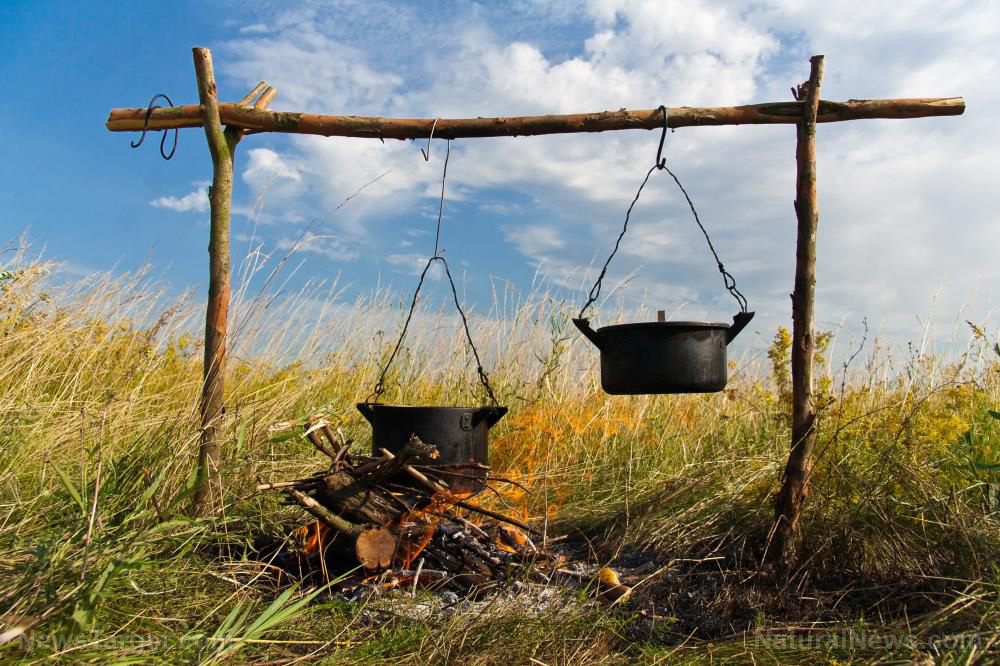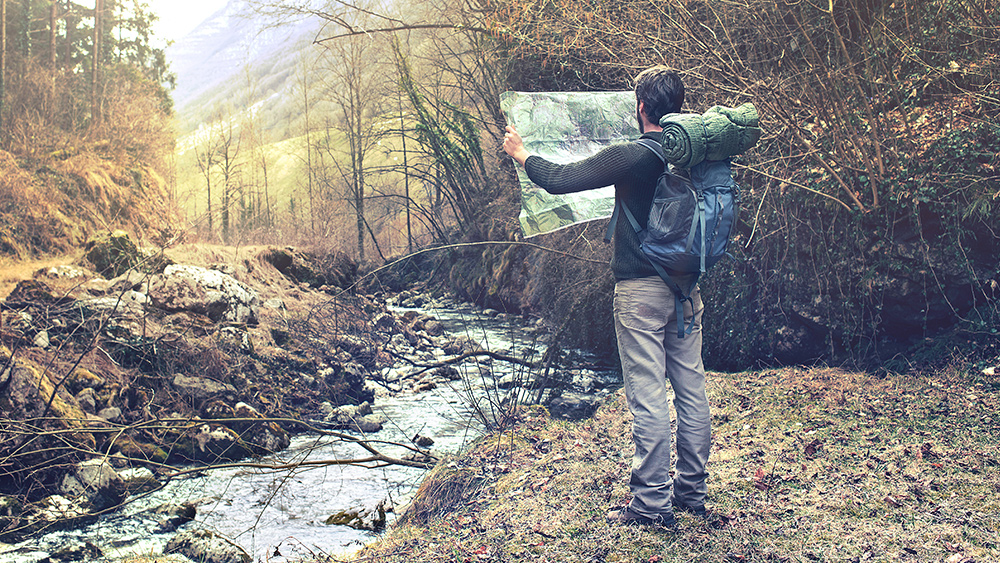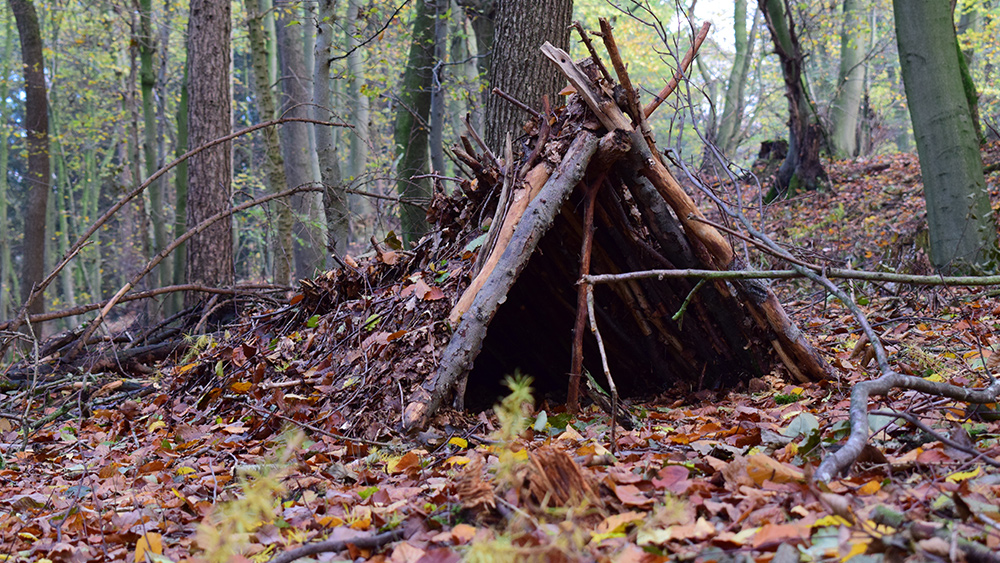
While the thought of starting your journey as a prepper may seem daunting, keep in mind that all preppers started out as beginners. All you have to do is think of how prepping can benefit you, even before SHTF. (h/t to ThePrepperJournal.com.)
Things may seem calm and quiet now, but it can't hurt to prepare before the next disaster strikes. Even existing emergency services may get overwhelmed, especially during major natural or man-made disasters.
Do you really want to sit around and wait for rescue if you can do something to get ready for a survival situation?
Prepping tips for beginners
As you start prepping, remember the tips below:
- Set some goals -- Prepping involves various fields and interests. To avoid getting overwhelmed, think about what you want to achieve as a prepper. Write down your budget, goals, and create a plan. Use this to monitor your progress. (Related: Mental preparedness: How to think like a survivalist.)
- Research can help streamline your goals -- You can be easily overwhelmed by all of the data that you can find online about prepping, but you need to stick to your goals so you don't get sidetracked while researching.
- Involve your whole family in the prepping process -- Make sure you include each family member and that they have their own parts to play. Let them know why you're prepping so they take things seriously. However, you don't need to scare them. Tell them you need their cooperation so things go smoothly if SHTF.
- Prepare your bug-out bag (BOB) -- The bug-out bag is a basic aspect of prepping. A BOB must contain supplies and gear that can help you survive for 72 hours after a disaster occurs. Make sure everyone in your family (including your pets) has their own BOB.
- Draw up an evacuation plan -- An evacuation plan will outline everything you need to do when SHTF. You need to know what to do and where to go once you have your BOB.
- Make sure you're in good physical condition -- Aside from your gear and supplies, you are the best survival "gear" in your arsenal. Practice carrying your BOB, follow a healthy diet, and work out. You can also bring your pets so they're also in good shape.
- Grow your network -- Once your family knows the ins and outs of your plans, get involved with people you can trust when SHTF. Aside from protecting more people that you care about, it's easier to stay safe when you're in a big group with people who can watch your back during a disaster.
- Prepare your bug-out vehicle -- While walking or running with a BOB seems like a reasonable course of action, in some cases, you will also need a reliable vehicle when SHTF. Make sure your car is regularly maintained and properly inspected.
- Be adaptable -- Stay updated on prepping basics. Don't forget to update your plans when necessary.
- Practice makes perfect - Your plan must be tested first so you know if it can keep you safe when SHTF. Always incorporate what you learn into your prepping.
Prepping is a serious endeavor and it requires you to stay focused, rational, and motivated. Don't let the panic get to you and stick to your plan so you can ride out whatever disaster heads your way.
Basic supplies for preppers
The following list can help you figure out what you need when it comes to basic supplies:
- A steady water supply -- Every person in your group will need at least one gallon daily, so prepare accordingly.
- Non-perishable food items -- You can include items like breakfasts items (e.g. oatmeal packets and whole oats); canned goods (e.g. beans, fruits, meats, and vegetables), jams and/or jellies, pasta, peanut butter, pickled food, and rice.
- Miscellaneous items -- Aside from food and water, you will need 2-way radios, batteries, cordage/paracord, flares, flashlights, lighters, a multi-tool, one compass for each family member, a survival knife, and weather radios.
You can read more articles about other prepping tips that can help you get ready before SHTF at Preparedness.news.
Sources include:
Please contact us for more information.





















